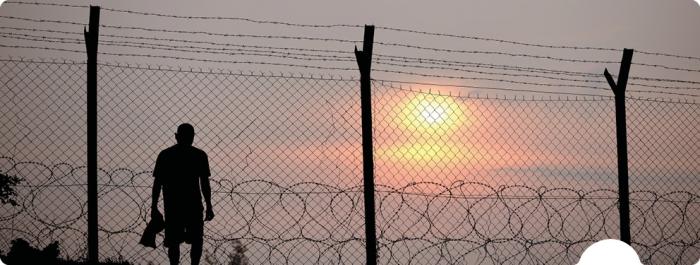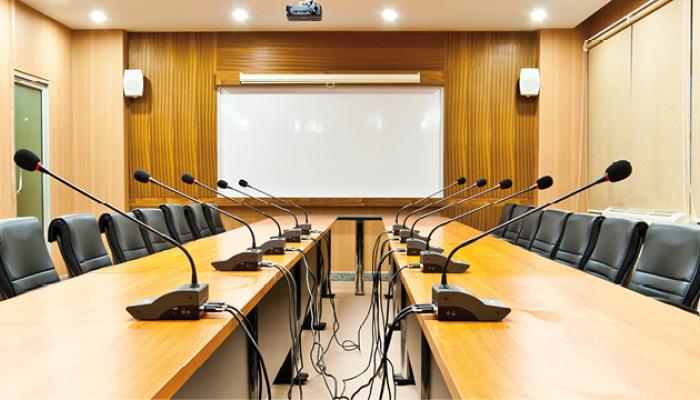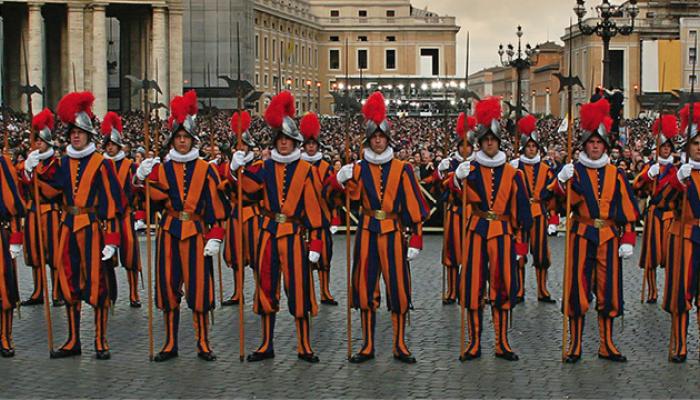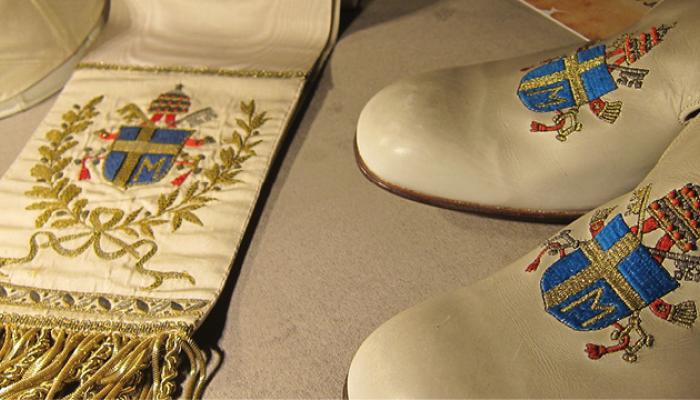
2.3 Who 'sits' on this Chair of St. Peter, the Holy See?
The Apostle Peter was the first pope. The current pope is his successor, and he therefore 'sits' on the 'chair' of St. Peter (figuratively speaking). In practice, however, the Holy See is not a seat, but the central government of the Church.
The Holy See maintains relationships with dioceses and with the Church throughout the world. Vatican City is a miniature state that is represented diplomatically by the Holy See in many states. Because of its unique diplomatic position, the Church can often play a positive role, for instance in peace talks.
What is the mission of the pope?
The pope, bishop of Rome and the Successor of Saint Peter, is the perpetual, visible source and foundation of the unity of the Church. He is the vicar of Christ, the head of the College of bishops and pastor of the universal Church over which he has by divine institution full, supreme, immediate, and universal power. [CCCC 182]
What is the pope’s responsibility?
As successor of St. Peter and head of the college of bishops, the pope is the source and guarantor of the Church’s unity. He has the supreme pastoral authority and the final authority in doctrinal and disciplinary decisions.
Jesus gave Peter a unique position of preeminence among the apostles. This made him the supreme authority in the early Church. Rome -the local Church that Peter led and the place of his martyrdom- became after his death the internal reference point of the young Church. Every Christian community had to agree with Rome; that was the tandard for the true, complete, and unadulterated apostolic faith. To this day every bishop of Rome has been, like Peter, the supreme shepherd of the Church, whose real head is Christ. Only in this capacity is the pope “Christ’s Vicar on earth”. As the highest pastoral and doctrinal authority, he watches over the transmission of the true faith. If need be, he must revoke commissions to teach doctrine or relieve ordained ministers of their office in cases of serious failures in matters of faith and morals. Unity in matters of faith and morals, which is guaranteed by the Church’s Magisterium, or teaching authority, with the pope at the head, is one reason for the remarkable resilience and influence of the Catholic Church. [Youcat 141]
As I follow no leader save Christ, so I communicate with none but your blessedness, that is with the chair of Peter. For this, I know, is the rock on which the Church is built! This is the house where alone the paschal lamb can be rightly eaten. This is the ark of Noah, and he who is not found in it shall perish when the flood prevails. [St. Jerome, Letters, No. 15 (ML 22, 355)]





